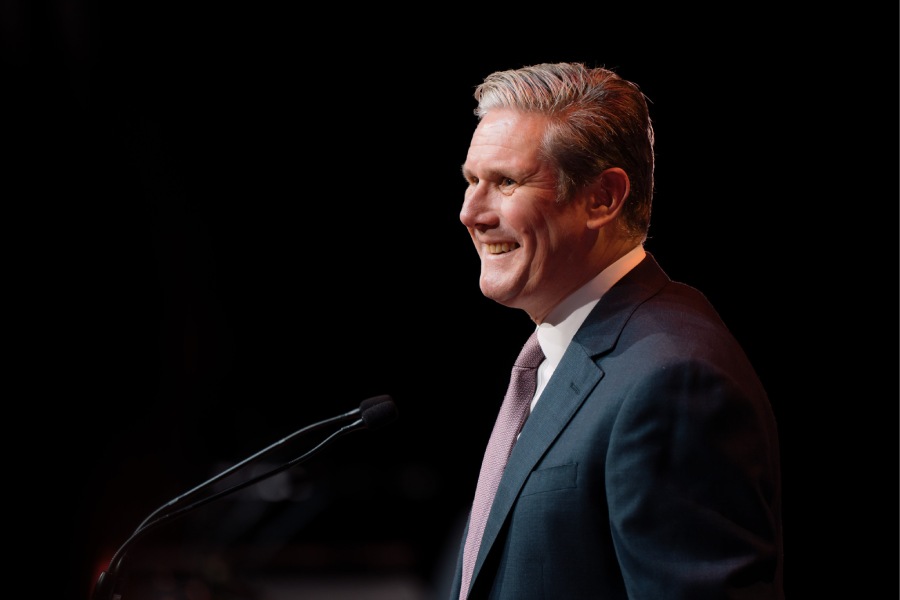Days before the United Kingdom votes in its general election to pick its next government, the Labour Party, widely predicted to come to power, has sent important signals suggesting that it wants to reset relations with India. Led by Keir Starmer, the party is expected by pollsters to secure a landslide win in the election in a verdict that would end 14 years of Conservative Party rule. Last week, David Lammy, the shadow foreign secretary, told a gathering that a Labour government would look to prioritise negotiations to seal a bilateral free trade agreement that has fallen behind publicly-announced deadlines. Mr Lammy also underscored other areas of cooperation, from climate change to maritime security, hinting at a desire to join hands in contesting China’s rise in India’s neighbourhood. Unsurprisingly, he laced his comments with predictable platitudes, describing India as an economic and cultural superpower. His comments build on efforts by the Labour Party to project itself as pro-India, including a visit earlier this year by the shadow deputy prime minister, Angela Rayner. Yet, while Labour’s outreach bodes well for ties between the nations, India will know that big gestures do not automatically translate into meaningful actions. The India-UK relationship itself is a testament to that gulf between word and deed.
Like Labour, the Conservative Party of Prime Minister Rishi Sunak and one of his predecessors, Boris Johnson, attempted to woo India. But in a globalised world beset by multiple wars and economic strains, overarching free trade deals that are beneficial to both sides are increasingly hard to nail down. Both democracies must navigate domestic pressures. While widespread anger against the Tories is driving Labour towards victory, Mr Starmer’s party faces its own conundrum. Under the former leader, Jeremy Corbyn, the party took strong positions critical of alleged rights abuses in India, especially against minorities and in Kashmir. Historically, Labour has also had strong relations with India’s principal Opposition party, the Congress. But Labour has changed its position quite sharply and is bleeding support from traditional voters, especially Muslims, over Mr Starmer’s unflinching endorsement of Israel’s war in Gaza. Meanwhile, India has been unhappy with the surge in pro-Khalistan sentiments visible on Britain’s streets, including in London under the Labour mayor, Sadiq Khan. How Labour balances all of these factors could determine the future of India-UK relations with a new government in Britain. Like the FTA, it is not a done deal yet.










